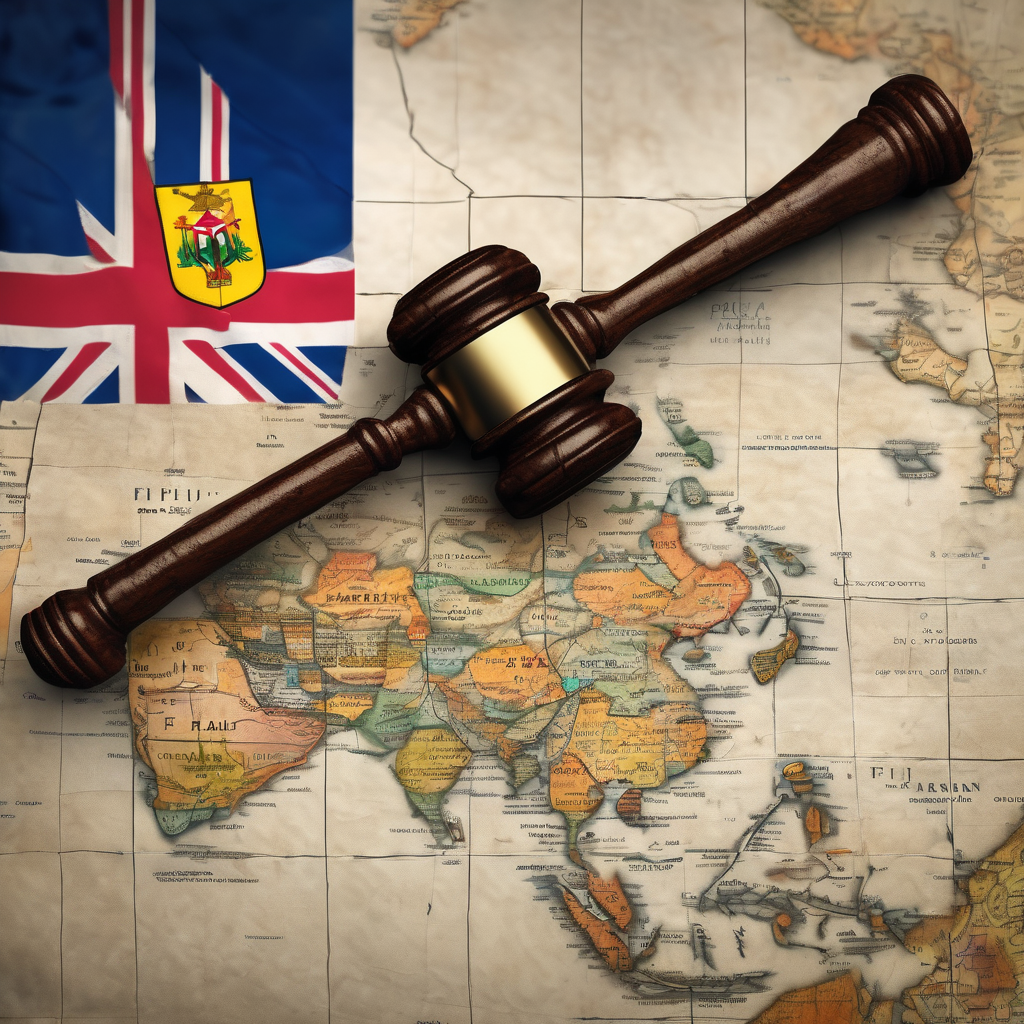Fiji’s political landscape has faced significant upheaval due to a series of military coups, with Professor Jon Fraenkel asserting the unique nature of these events during a recent Fiji Law Society convention. He indicated that the perpetrators of the coups did not fully anticipate the ramifications of their actions, particularly noting that each coup has been followed by the abrogation of a constitution, a practice not commonly seen in similar circumstances elsewhere.
Fraenkel elaborated on the timeline of Fijian coups, including the coup on May 19, 2000, which culminated in the constitutional abrogation on May 29, and the December 2006 coup led by Commodore Voreqe Bainimarama, followed by the abrogation of the constitution in April 2009. He emphasized that in Fiji, this two-phase process sets it apart from other Pacific nations, where political upheaval typically results in a single phase of transition.
Highlighting the implications of such a coup culture, previous articles discussed the lasting divisions within Fijian society stemming from these military takeovers. Former military officer Rupeni Vosayaco noted the significant social and economic disruptions caused by the 2000 coup, emphasizing the need for alternative peaceful resolutions to political disputes. This reflects a broader concern that military influence continues to shape governance, leading to feelings of disenfranchisement among both indigenous and non-indigenous communities.
The discourse surrounding Fijian coups is further complicated by the ongoing call for accountability and justice. Leaders like Inia Seruiratu, the Leader of the Opposition, have advocated for a Truth and Reconciliation Commission (TRC) to facilitate discussions regarding past political turmoil and the ramifications of immunity clauses embedded in the Constitution following coups. This process is seen as vital for healing and restoring public trust in the democratic system.
While Fiji’s political history has been marred by coups, there is a glimmer of hope as citizens increasingly demand a fair and representative governance system. The ongoing discussions surrounding constitutional reform and the need for comprehensive truth-seeking processes might pave the way for a more democratic and stable future, where the interests and voices of the people are prioritized over the ambitions of a few. This shift could signify a turning point for Fiji, leading to genuine accountability and a commitment to justice and equity in governance.
